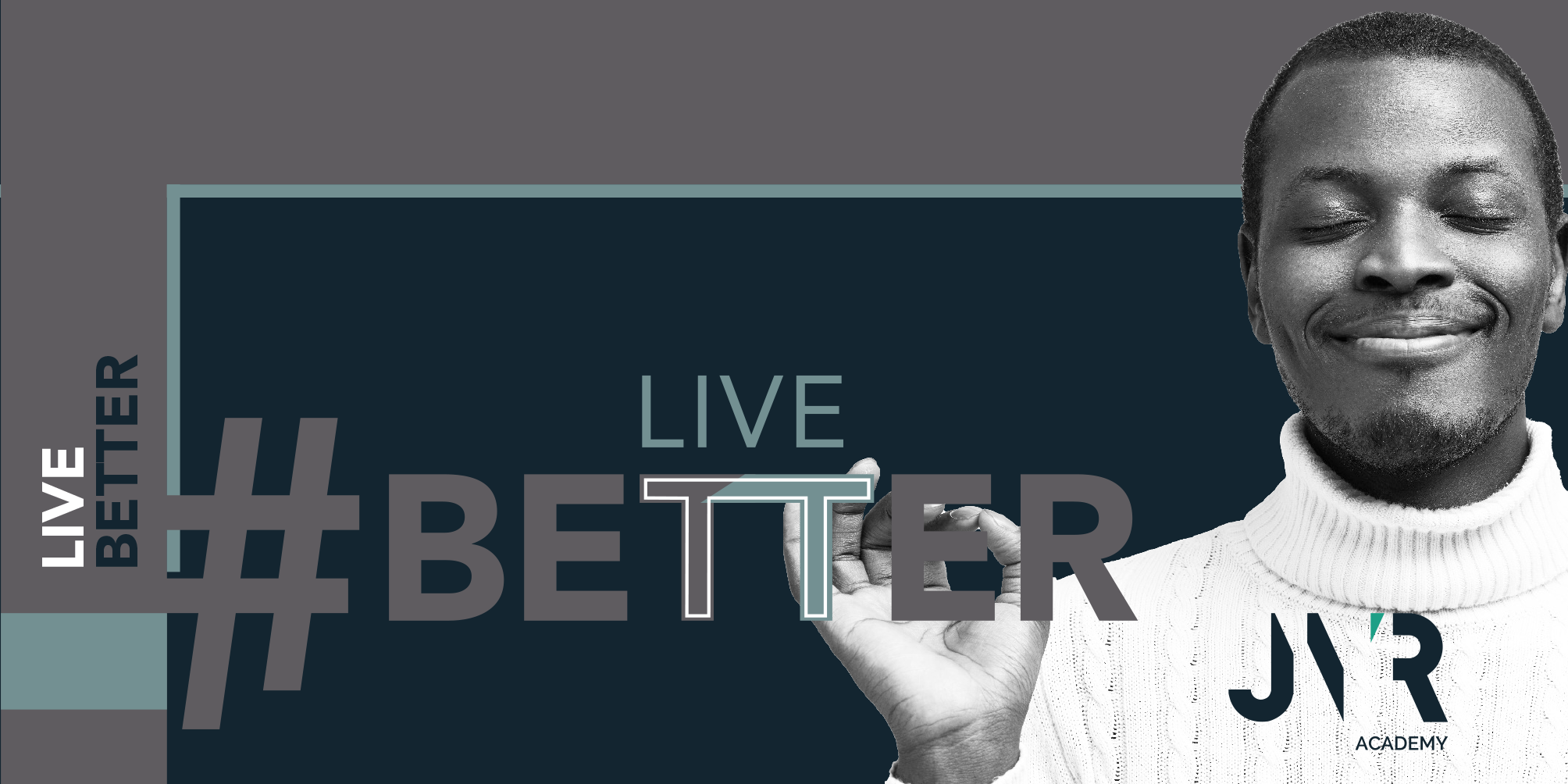In today’s fast-paced corporate world, seasoned and young professionals alike, are constantly navigating deadlines, meetings, and performance expectations. While motivation is often hailed as the secret sauce to productivity, the truth is, motivation is fleeting. What truly sustains success is discipline.
Constant motivation does not exist
Motivation is a powerful force. It’s what gets us excited about a new project or fuels our ambition after a great TED Talk. But motivation is often linked to emotions, which fluctuate continuously. That’s why relying solely on motivation to get the job done can be risky, especially when you're tired, stressed, or uninspired.
When motivation is present, harness it. But if it’s one of “those” days, here are a few recipes to help you become and stay energised and focused:
The Productivity Cupcake: Just like a cupcake is a small, manageable treat compared to a full cake, the Productivity Cupcake breaks your work into bite-sized, 20-minute chunks. It’s easier to digest, less intimidating, and gives you a quick win – just enough to get you going without feeling overwhelmed. Often, starting is the hardest part; once you begin, momentum builds naturally.
Set a timer for 20 minutes.
Focus on one task only – no distractions.
When the timer ends, take a short break or switch tasks.
Repeat as needed.
The Reward Sandwich: Pair a task you dread with a reward. For example: “If I finish this report, I’ll treat myself to a smoothie while listening to 15 minutes of my favourite podcast.” This taps into the brain’s dopamine system and reinforces positive behaviour.
The Motivation Smoothie: Just like a real smoothie, this mix will fuel your energy and keep you going, especially when your motivation is running low. Blend these ingredients into your daily routine:
1 cup of clarity – Know why the task matters.
1 tablespoon of intention – Set a clear focus for the day.
A handful of small wins – Break big goals into bite-sized actions.
A dash of celebration – Acknowledge progress, no matter how small.
But - when motivation fails, show up anyway
Let’s be honest, there will be days when you don’t feel like doing anything. That’s normal. But skipping tasks because you’re “not in the mood” only leads to mounting pressure, missed deadlines, and burnout.
This is where discipline steps in. As the American Psychological Association explains, consistent effort, even in the absence of motivation, builds resilience and long-term engagement.
Think of your workday like driving a car. Motivation is the spark, that initial ignition that gets the engine running. It’s the excitement you feel after a great podcast, a new project, or a morning coffee. Discipline is the engine, the system that keeps the car moving forward, even when the road gets boring or tough. Once the car is switched on, it’s the consistent fuel and mechanics (your habits, routines, and mindset) that keep you going.
Without the spark, it’s hard to get started. But without the engine, you’re not going anywhere for long.
The importance of discipline
Discipline is the ability to consistently take action toward your goals, regardless of how you feel. It’s about creating structure and habits that support your long-term success.
Unlike motivation, which is emotional and temporary, discipline is habitual and intentional. It’s what helps you to:
show up on time
meet deadlines
follow through on commitments
maintain focus even when distractions or fatigue set in
How to add discipline to your daily tasks
Discipline isn’t about being hard on yourself, rather, it’s about creating freedom. When you stick to your systems, you reduce stress, avoid last-minute panic, and feel more in control of your time and energy – in fact, more in control of your life.
Here are some actionable strategies to build discipline into your workday:
Create a non-negotiable morning routine: Start your day with a consistent set of actions, like waking up at the same time, journaling, or reviewing your goals. This primes your brain for structure and focus.
Use time blocking: Schedule your day in chunks. This reduces decision fatigue and keeps you accountable to your priorities.
Set “Minimum Viable Effort” goals: On low-energy days, commit to doing the bare minimum version of a task. For example, instead of writing a full report, outline the key points. This keeps the habit alive and prevents backlog.
Track your progress: Use a habit tracker or checklist to visually mark your consistency. Seeing your streak grow can be a powerful motivator to stay disciplined.
Limit decision-making: Reduce the number of choices you make daily e.g. plan meals or outfits in advance. This preserves mental energy for more important tasks.
Final thoughts: Progress over passion
In the world of work, passion and motivation can be powerful allies, but they’re not always reliable. Some days, you’ll feel inspired and energised. Other days, not so much. That’s where discipline becomes your greatest asset.
Discipline is what carries you forward when passion takes a back seat. It’s the quiet, consistent force that helps you meet deadlines, manage stress, and maintain your emotional, mental, and physical well-being.
So instead of chasing constant motivation, focus on building systems that support steady progress. Because in the long run, progress – not passion – is what drives sustainable success and wellness in the workplace.
Wellness in the workplace is about showing up, doing your best, and building habits that support your goals, even on the hard days. So next time you’re tempted to wait for motivation to strike, remember, discipline gets the job done. That, in itself, is a form of self-care.
References
Bakker, A. B. (2011). An evidence-based model of work engagement. Current Directions in Psychological Science, 20(4), 265–69. https://doi.org/10.1177/0963721411414534
Brogaard, B. (2024, December 24). 7 Procrastination hacks that actually work. Psychology Today. https://www.psychologytoday.com/us/blog/the-superhuman-mind/202409/7-procrastination-hacks-that-actually-work
Emamzadeh, A. (2022, January 10). How to increase self-motivation. Psychology Today. https://www.psychologytoday.com/us/blog/finding-new-home/202201/how-increase-self-motivation
Sartini, D. (2025, May 1). Self-determination and stoicism. Forbes. https://www.forbes.com/councils/forbesbusinessdevelopmentcouncil/2025/05/01/self-determination-and-stoicism-a-winning-formula-for-leadership/
Share this post
Newsletter
Get up-to-date industry news right in your inbox



